Dhaka, August 7 (V7N) – An exhibition organized by Bangladesh Islami Chhatra Shibir at Dhaka University’s Teacher-Student Centre (TSC) has drawn considerable attention this week. The event aims to commemorate the so-called "July Uprising" and to protest alleged acts of state repression, enforced disappearances, and extrajudicial killings under the current government.
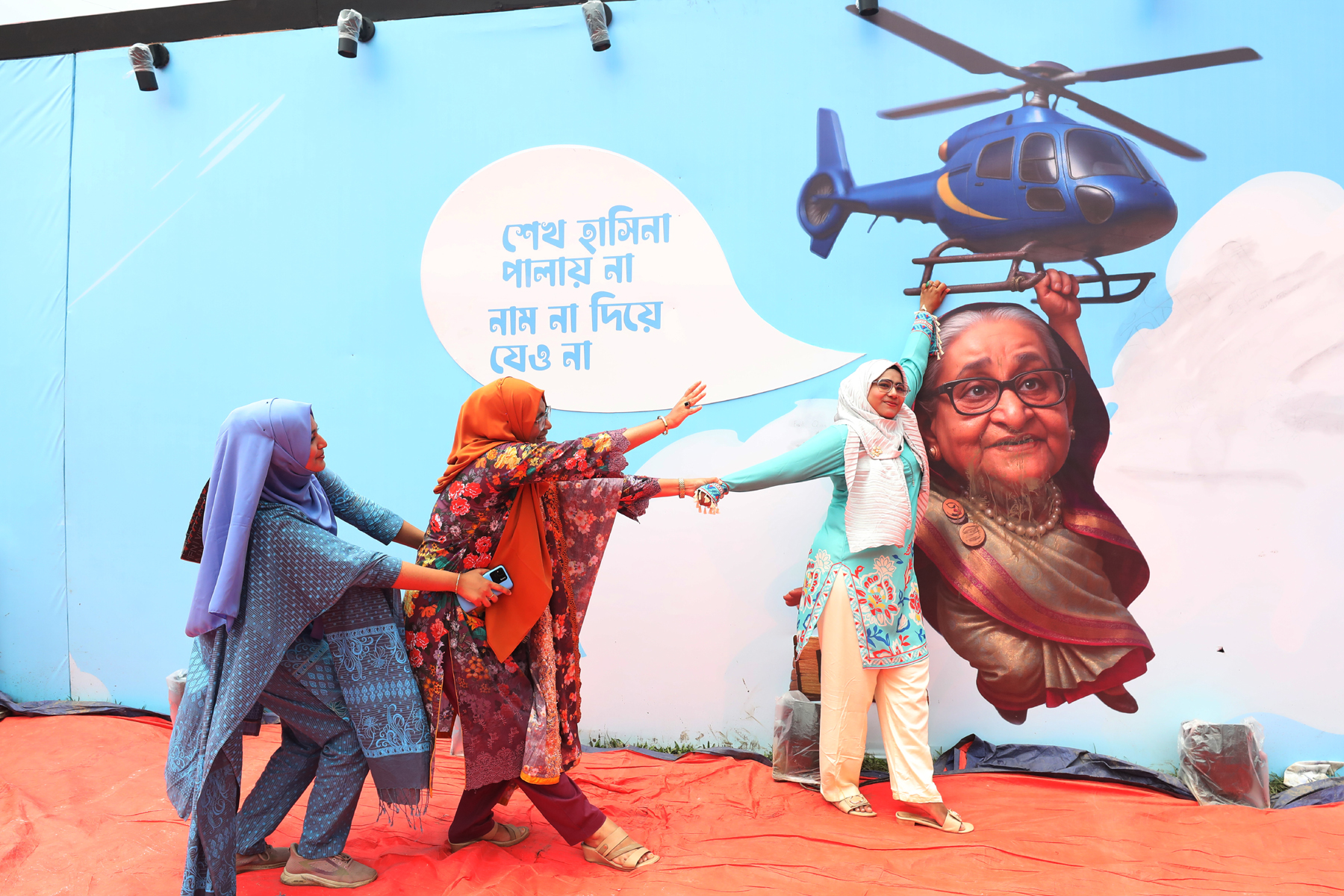
In a week-long exhibition titled “We Will Not Stop,” organized by the Dhaka University branch of Islami Chhatra Shibir, large-scale canvas displays have been installed on the TSC grounds to depict what organizers describe as a history of repression by the ruling Awami League government over the past 16 years.
The exhibit presents visual narratives of events such as enforced disappearances, custodial torture, political persecution, and alleged human rights violations. Among the issues highlighted are the 2024 student protests against perceived discrimination in the quota reform system and broader dissatisfaction with the current regime, which Shibir has described as a "fascist and Pharaoh-like" administration.
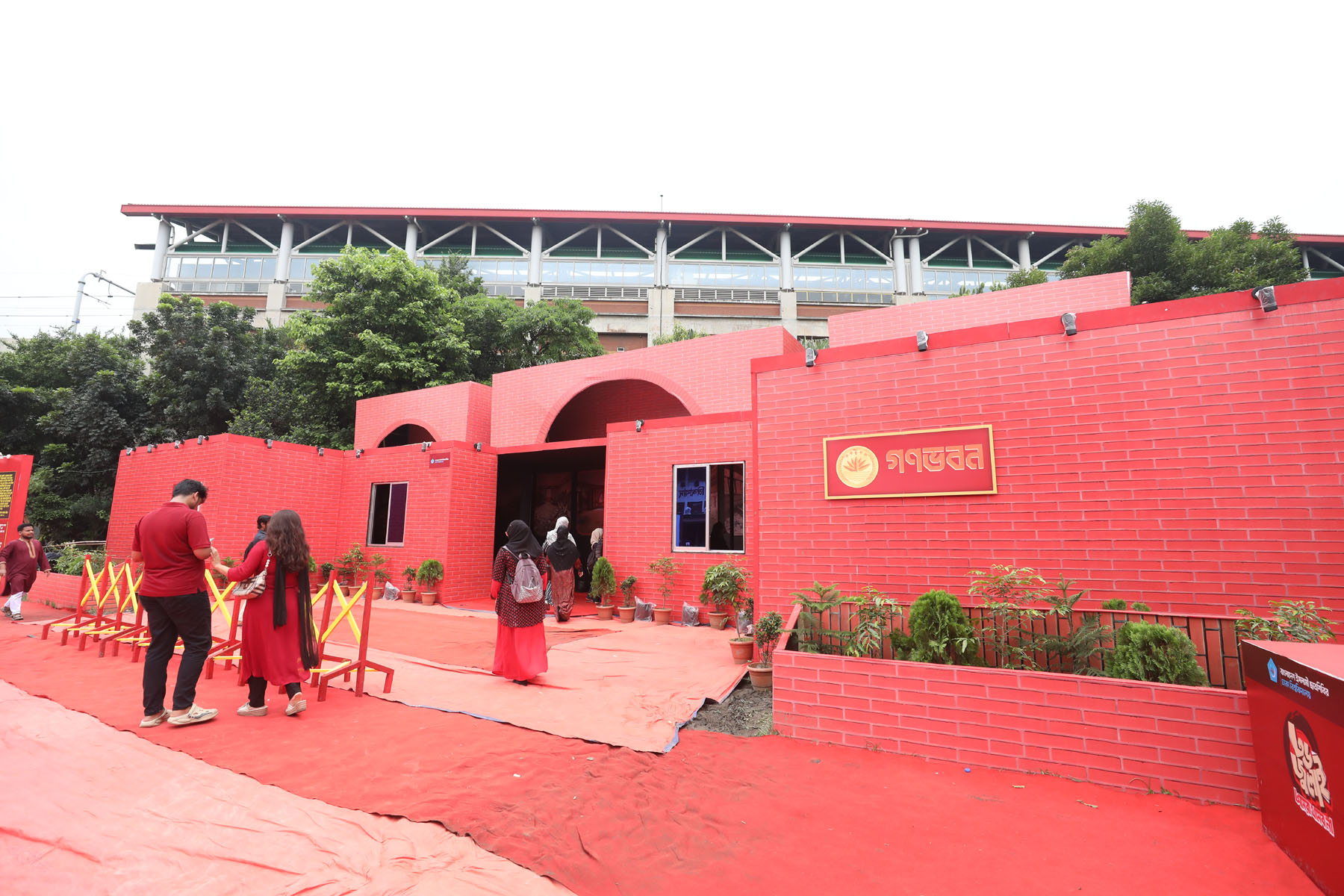
Organizers have accused the government of silencing dissenting voices through abductions, politically motivated arrests, and killings. The exhibition also criticizes what it terms the "mislabeling" of Jamaat-e-Islami leadership as war criminals, followed by executions, and portrays these acts as politically driven rather than judicially sound.
The display further references several controversial incidents, including the BDR mutiny of 2009, the 2013 Shapla Chattar crackdown on Hefazat-e-Islam protesters, and what it alleges to be a widespread pattern of filing fabricated cases and conducting mass arrests under the guise of maintaining public order.
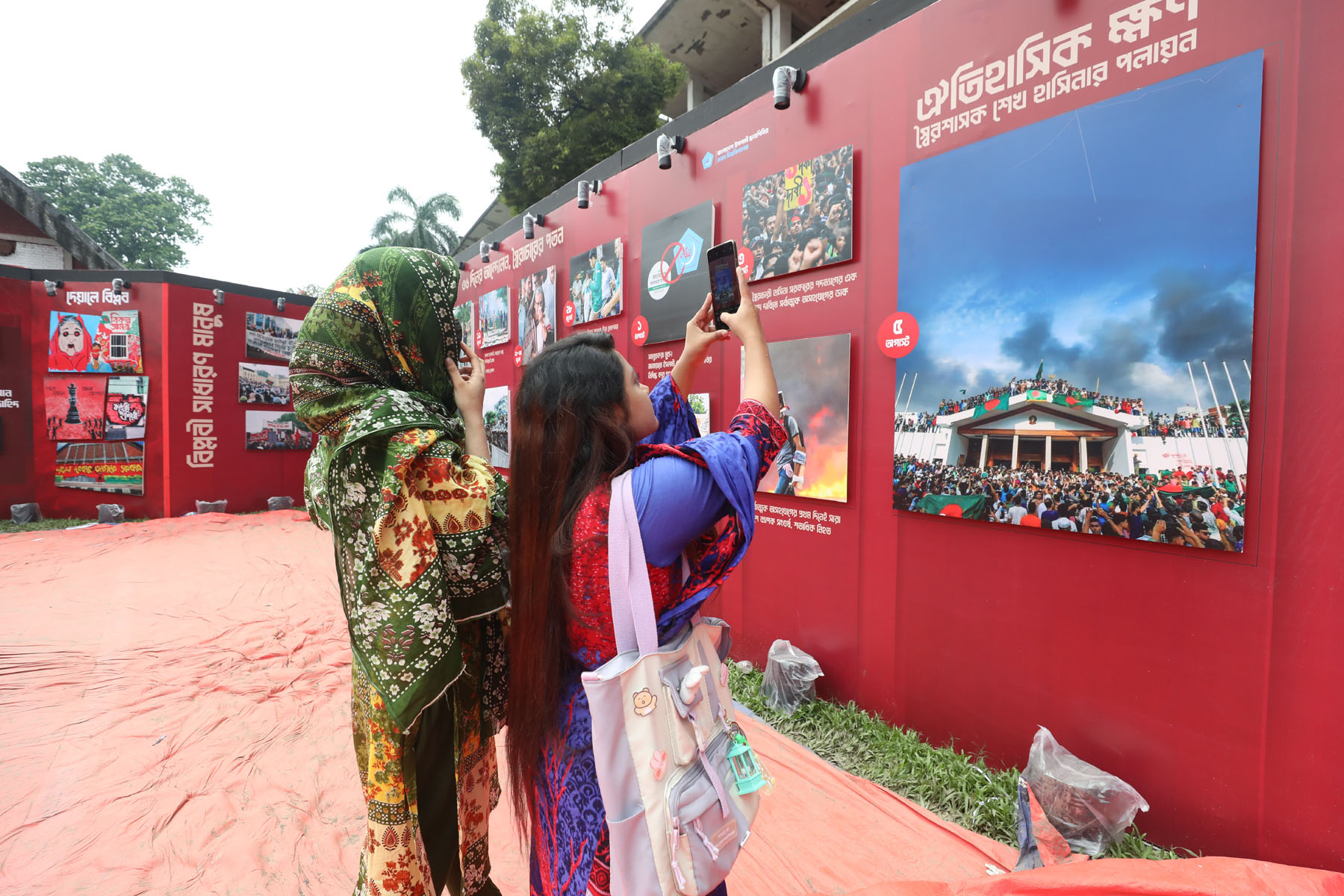
Organizers say that the exhibition serves not only as a historical reminder but also as a platform for mobilizing public opinion against government oppression. It has reportedly attracted large numbers of students, teachers, and civil society members since its opening.
While the exhibition resonates strongly with sympathizers of Chhatra Shibir and its affiliated political ideologies, critics argue that it reflects a partisan narrative and selectively portrays historical events without acknowledging the complex realities of national security, judicial processes, or past political violence linked to the group’s parent party, Jamaat-e-Islami.
At the time of reporting, no official comment was available from Dhaka University authorities or government spokespersons regarding the event.
END/AHM/SMA/



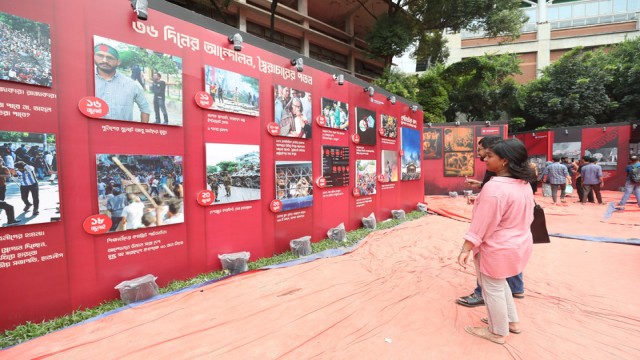
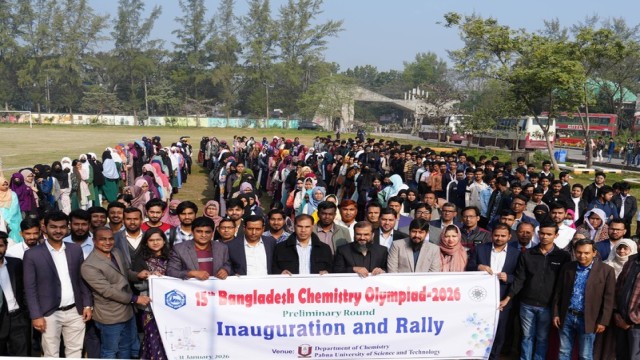
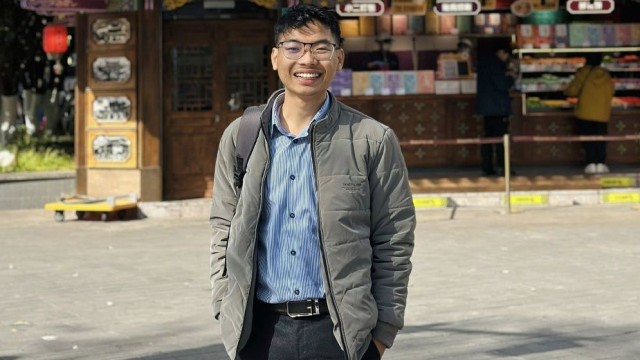
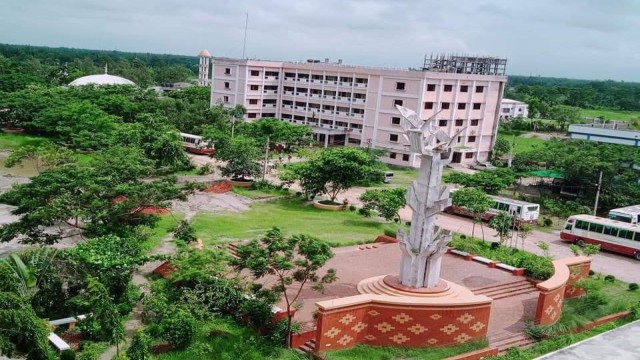

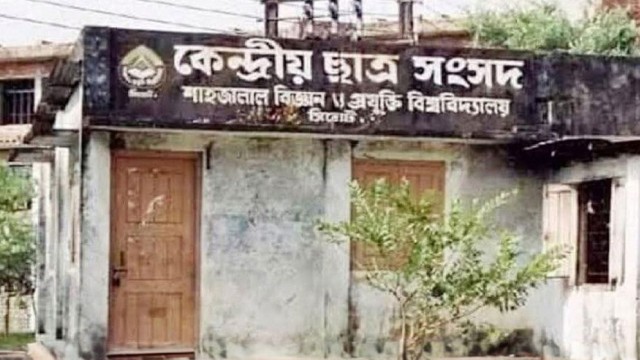
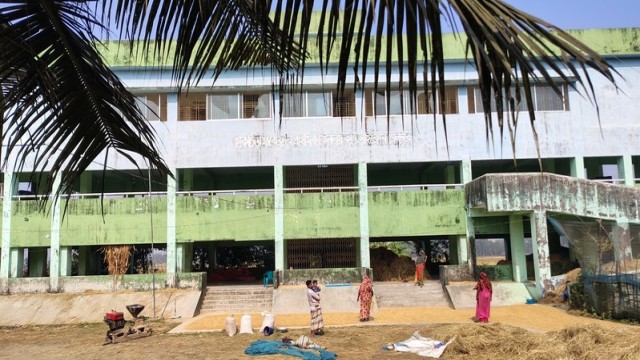
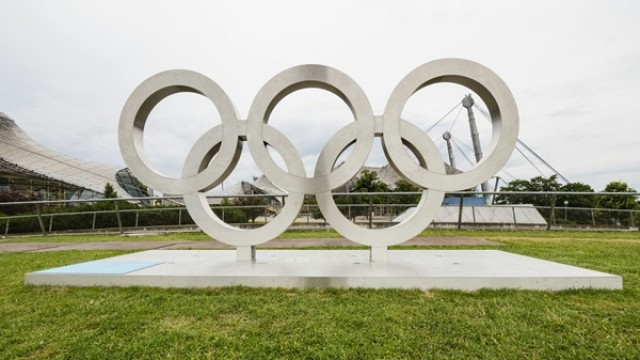
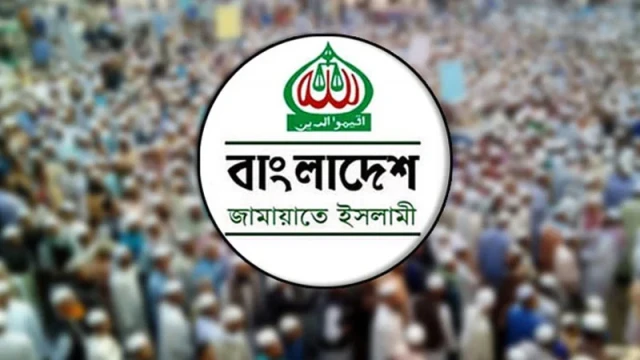
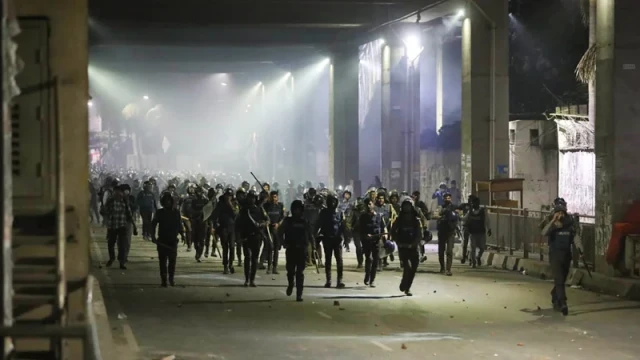
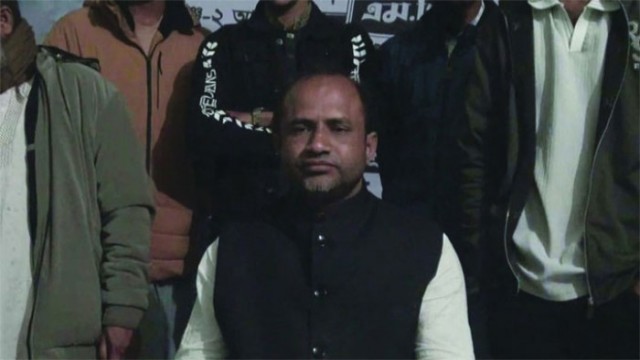

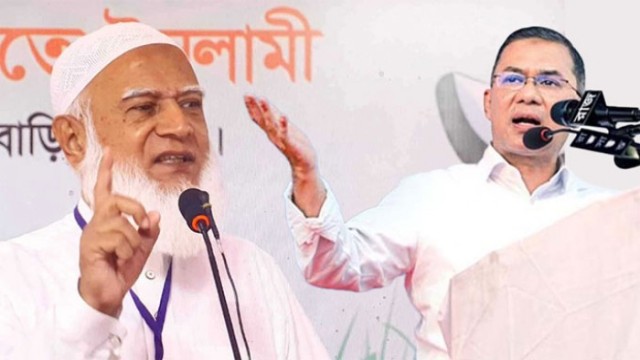
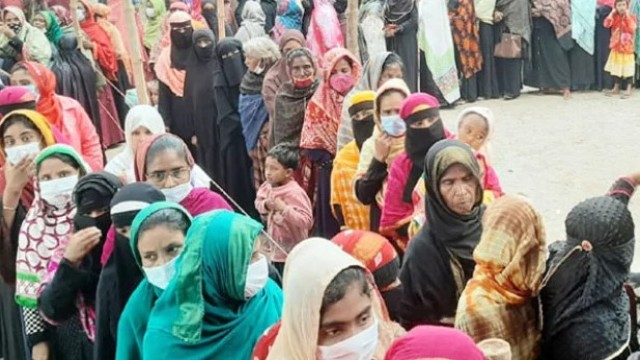

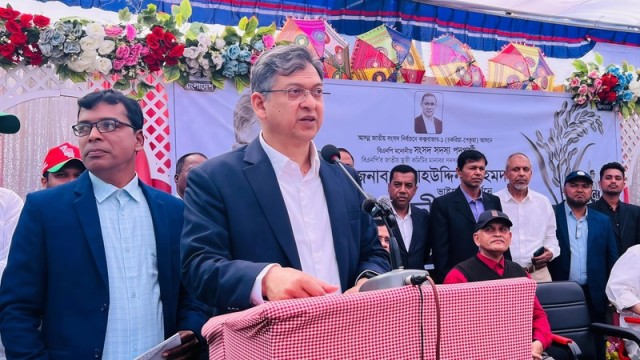











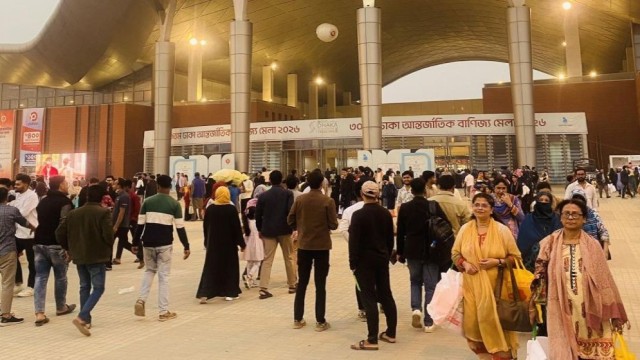
Comment: